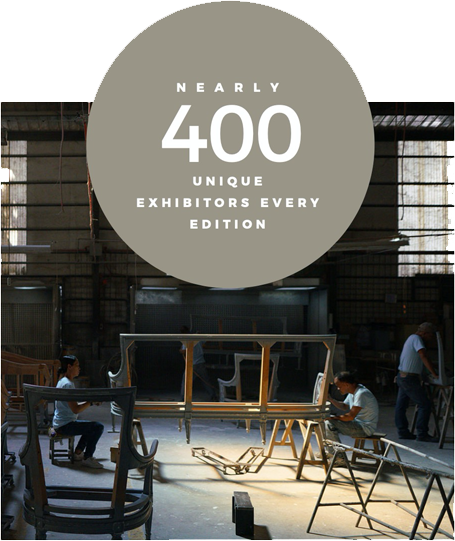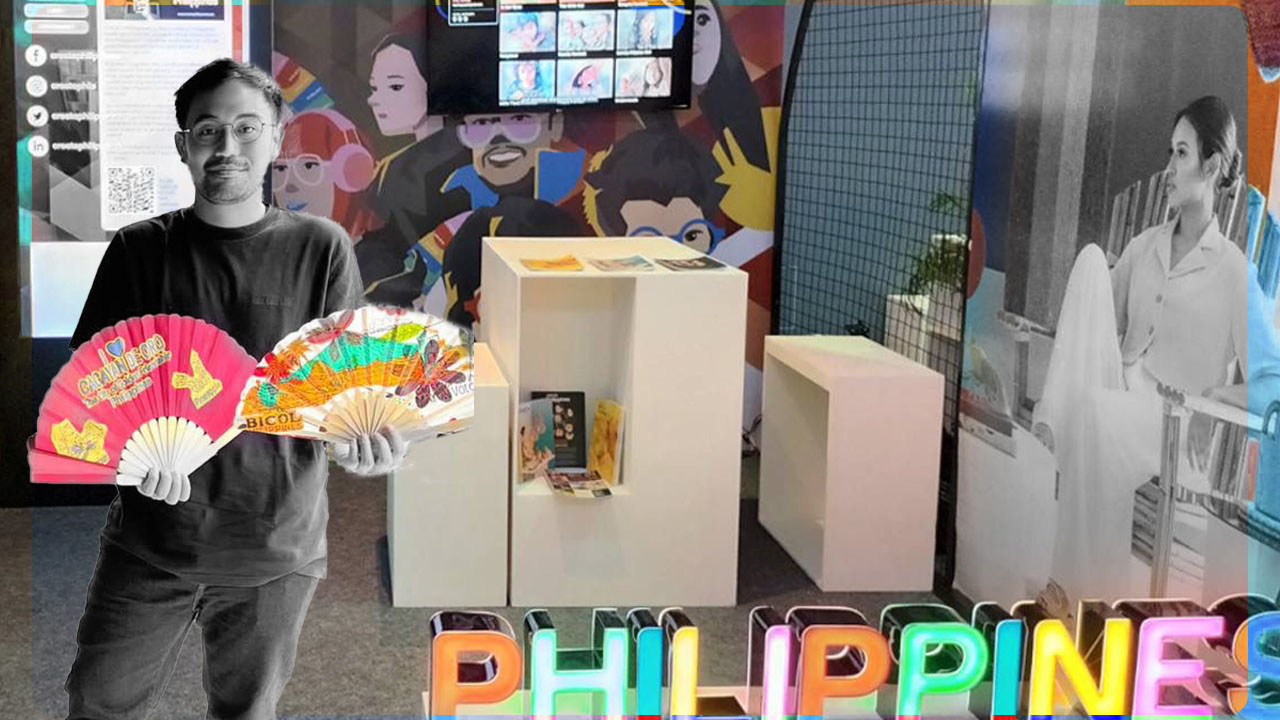
Go Global by Being Hyperlocal
Through the Center for International Trade Expositions and Missions (CITEM) and and the Office of Representative Chrisopher “Toff” De Venecia, the Philippines and its Creative Economy were strongly represented at the World Conference on Creative Economy, held from October 5 to 7, 2022, in Bali, Indonesia.
Organized by Indonesia’s Ministry of Tourism and Creative Economy (MOTCE) and the Ministry of Foreign Affairs, the conference provided policymakers, creatives, entrepreneurs, and industry players with a platform to exchange ideas, address issues, and identify opportunities within the creative economy.
At the conference, four major themes were deliberated: the Creative Economy for Global Revival, Inclusivity and SDGs Agenda, Intellectual Property and Rights of the Creative, and The Future of Creative Economy. As a result of these discussions, 16 Actions for the Bali Creative Economy Roadmap 2022 were adopted at the conclusion of the three-day event.
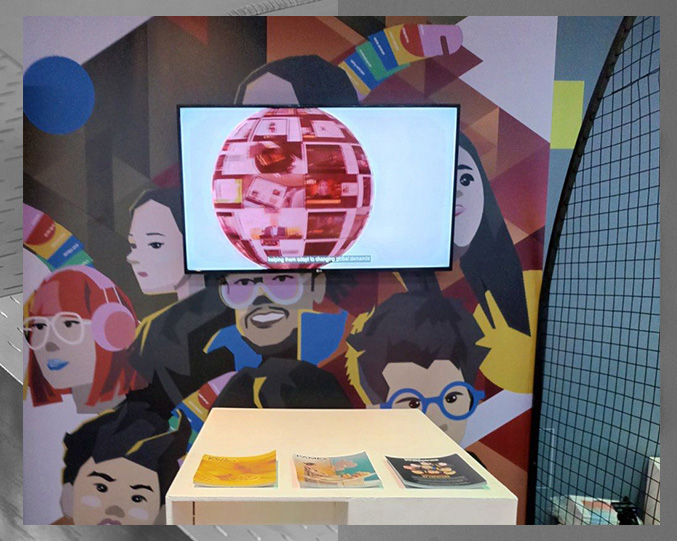
On looking inward at our heritage to expand outward
On the first day of the conference, De Venecia shared a few thoughts in the General Debate of the Friends of Creative Economy (FCE) session. Responding to a point made by panelist John Howkins, who said that it is time for the creative economy “to look outward” or beyond one’s local borders as the next step in development, De Venecia offered, “The way to go global is to be hyper local,” an idea picked up from the noted Fil-Am comic book writer and artist Whilce Portacio.
“The way to go global is to be hyper local. [Filipino creatives] can access bigger markets by actually looking inward in terms of our heritage, in terms of our identity and culture, and then transposing that into creative output.”
Instead of trying to copy what the rest of the world, particularly the West, is doing in order to succeed internationally, De Venecia suggested that Filipino creatives “can access bigger markets by actually looking inward in terms of our heritage, in terms of our identity and culture, and then transposing that into creative output.” He later added, “We also need to look inwards to go outward.”
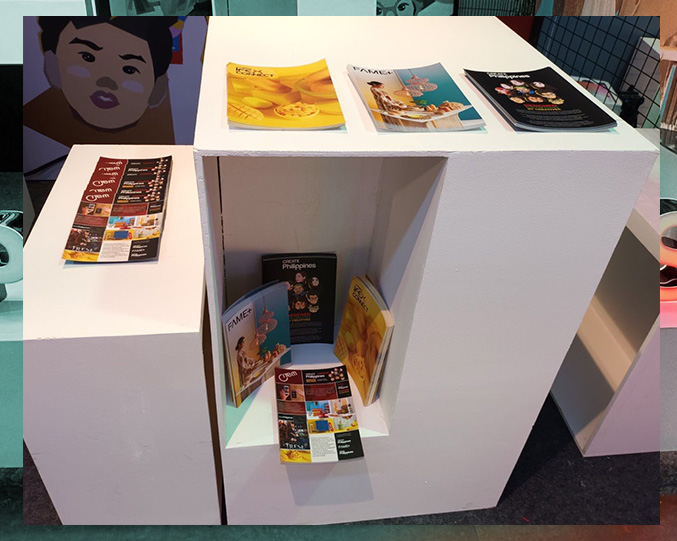
On the country’s Creative “Collabor-action” with Indonesia
On the invitation of CITEM, De Venecia also took part in the panel discussion "Collabor-action: When Public Meets Private" on the conference’s second day, sharing the stage with Darren Ong, Senior Manager of Int’l Public Policy at Amazon, and Margaret Collins, the founder of the Center of Creative Economy in North Carolina, USA.
In this talk, which focused on the synergies that can be created by the public and private sectors to support the creative economy, De Venecia took the opportunity to shed light on three recent milestones achieved by the Philippine Creative Industry.
“The MOU aims to pursue inter-country initiatives such as knowledge exchange, market linkages, capacity-building, creative hubs and intellectual property protection, and development in four areas of collaboration [Creative Services, Audio Visual Media, Performing Arts, and Books and Press],”
The first was the formalization of the Philippines-Indonesia agreement on creative economy, signed by Department of Trade and Industry Secretary Alfredo Pascual and Indonesian Minister of Tourism and Creative Economy Sandiaga Uno on September 5, 2022.
“The MOU aims to pursue inter-country initiatives such as knowledge exchange, market linkages, capacity-building, creative hubs and intellectual property protection, and development in four areas of collaboration [Creative Services, Audio Visual Media, Performing Arts, and Books and Press],” said De Venecia.
With its population of 280 million, Indonesia offers Filipino creatives a rich potential audience for their products, ideas, designs, services, and more.
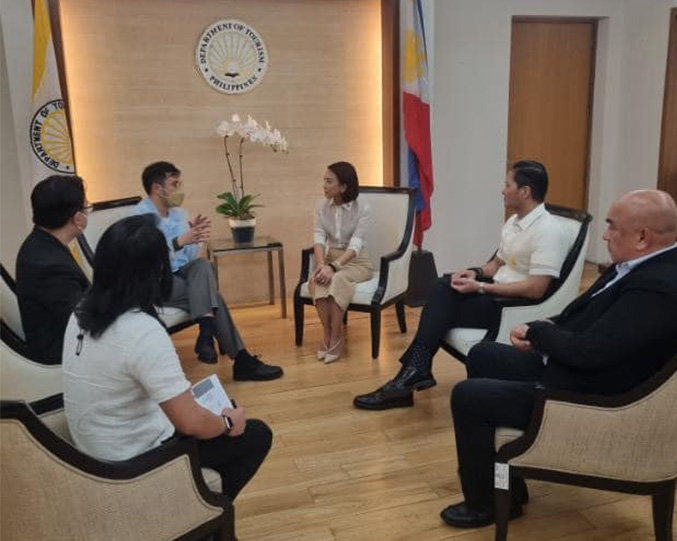
On Philippine Government Support through the new Philippine Creative Industries Development Act
The second milestone was the lapsing into law of the Philippine Creative Industries. Development Act, or Republic Act 11904, on July 26, 20222. Through the new law, said De Venecia, Philippine Creatives can soon expect to receive official state support or funding in the following areas: Research and Development, Digitalization Grants, Capacity Building, Marketing and Promotion; Policy Assistance; Access to Credit; Fiscal Incentives; Data Information and Management; Creative Education; Support to Non-Formal Learning; Ease of Doing Business; and Creative Start-Up Fund.
Through the new law, Philippine Creatives can soon expect to receive official state support or funding
Speaking about the private sector’s role in ensuring the bill’s successful implementation, De Venecia noted, “There are clear KPIs for this law, which include jobs, revenue, GDP contribution, value creation, market development and expansion, export as well as intellectual property ecology, and the private sector needs to be on board in crafting short-, medium- and long-term plans for the Philippines and its creative economy.”
Read more about the Philippine Creative Industries. Development Act, or Republic Act 11904.
On Creating more Creative Cities in the Philippines
He then touched on the Philippine Creative Cities Network, an initiative that serves as an incubator for cities that want to “nourish and galvanize creativity” for their socio-economic agenda and also as an accelerator for cities who need an extra push to make successful bids to join the UNESCO Creative Cities Network, alongside Baguio and Cebu.
The Philippine Creative Cities Network is an initiative that serves as an incubator for cities that want to “nourish and galvanize creativity” for their socio-economic agenda and also as an accelerator for cities who need an extra push to make successful bids to join the UNESCO Creative Cities Network
“We have about 146 cities in the Philippines and to date, 48 have signed on to the platform. We hope to onboard more cities as we explain to their respective city mayors why they need to support their grassroots local creatives.”
Apart from sponsoring De Venecia’s valuable role in the conference, CITEM had a booth at the WCCE 2022 expo that featured its signature events—Manila FAME, CREATEPhilippines, and IFEX Philippines—to boost the international profile of the country’s design, fashion, content and digital services, and gastronomy creative sectors.
Discover Filipino creativity and ingenuity in FAME+.


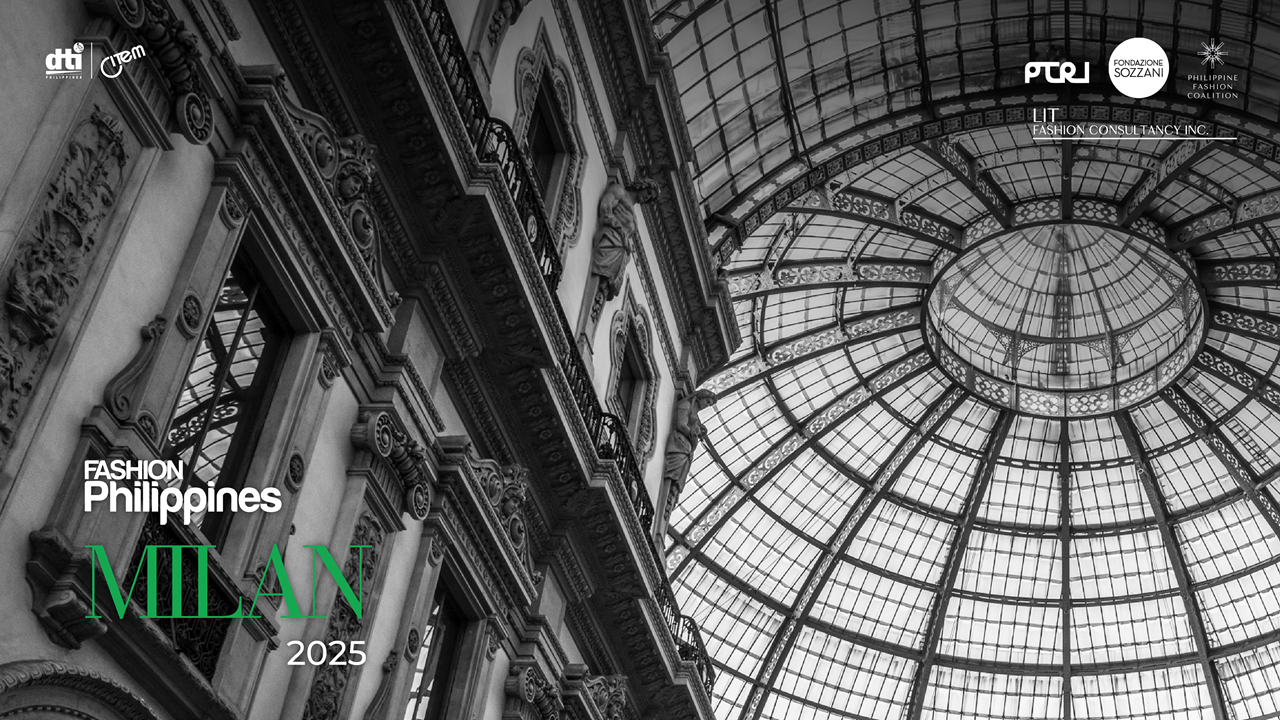

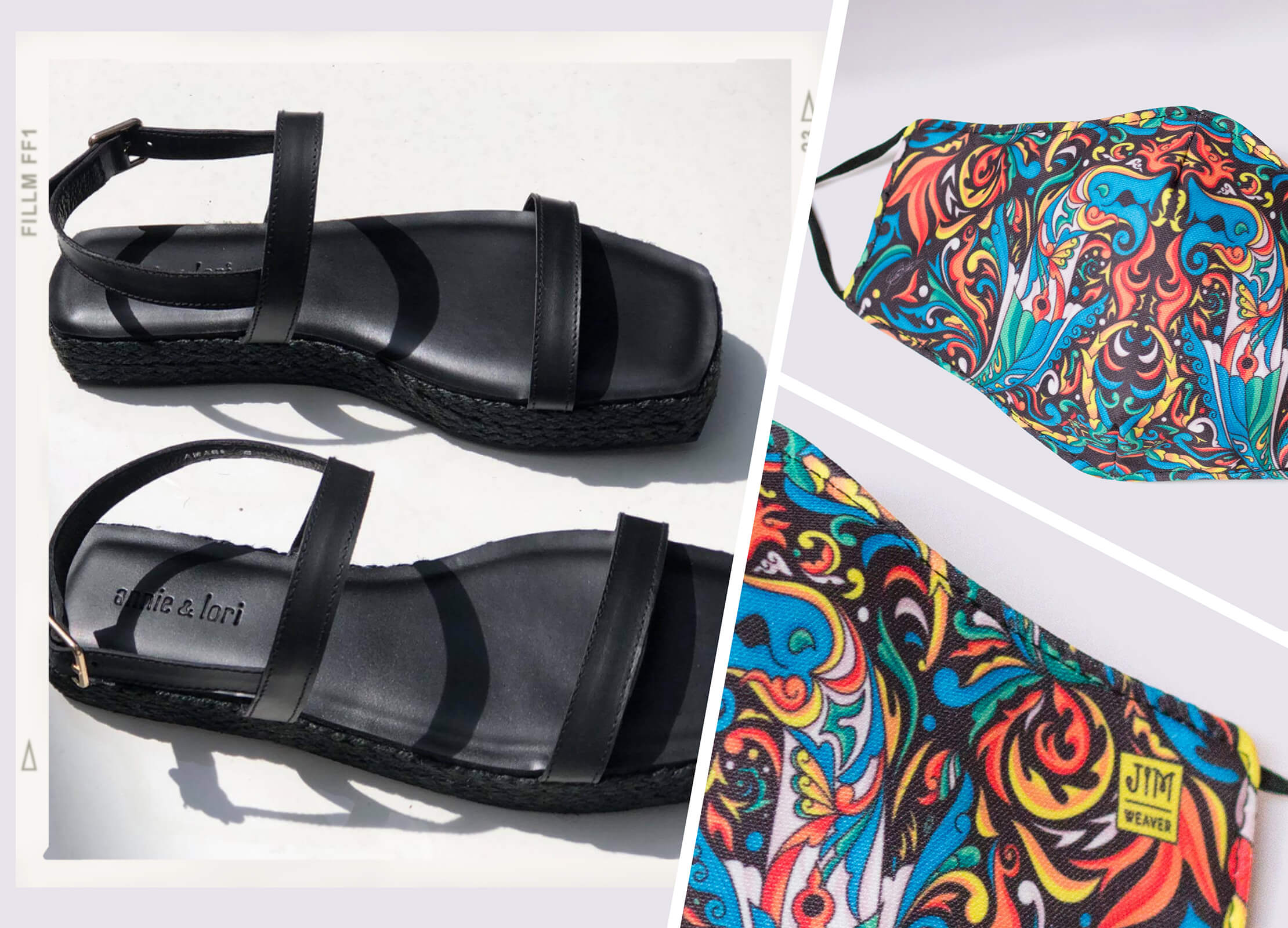
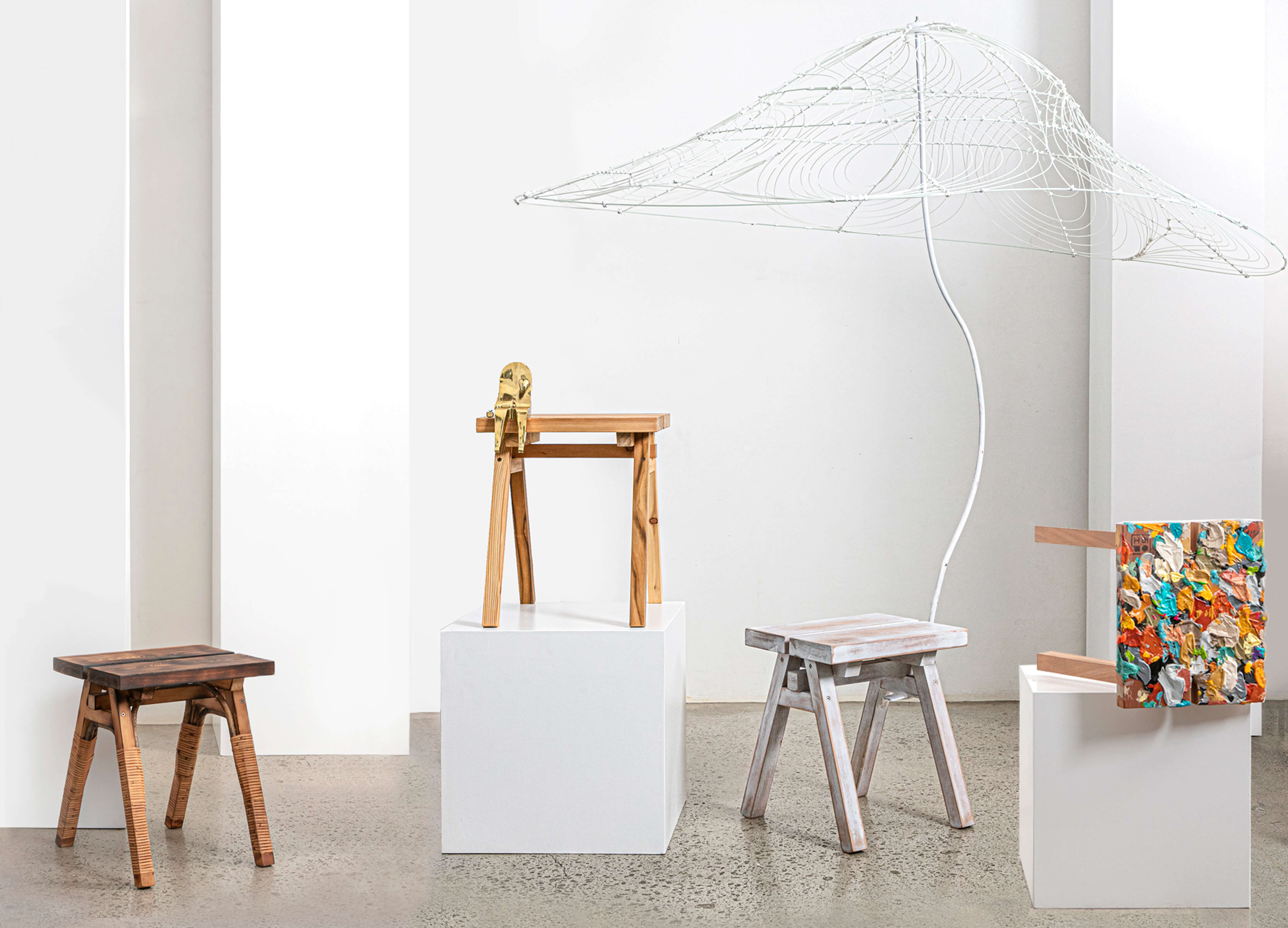
.jpg)


